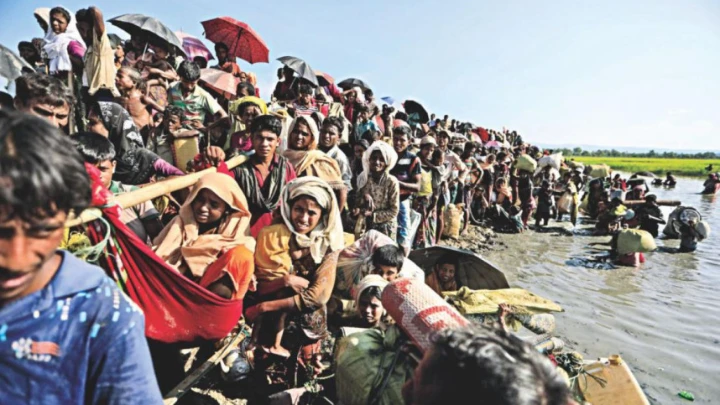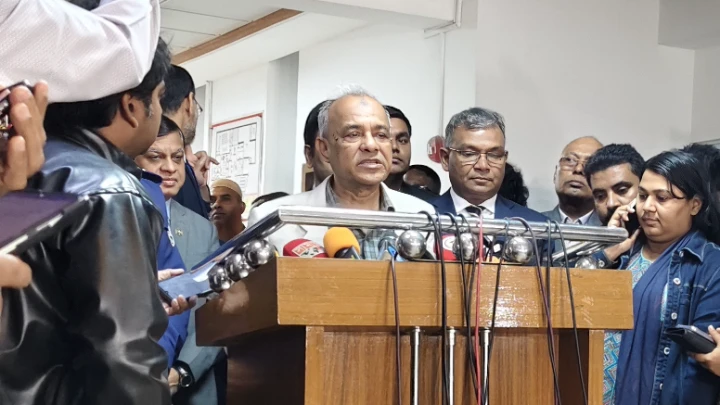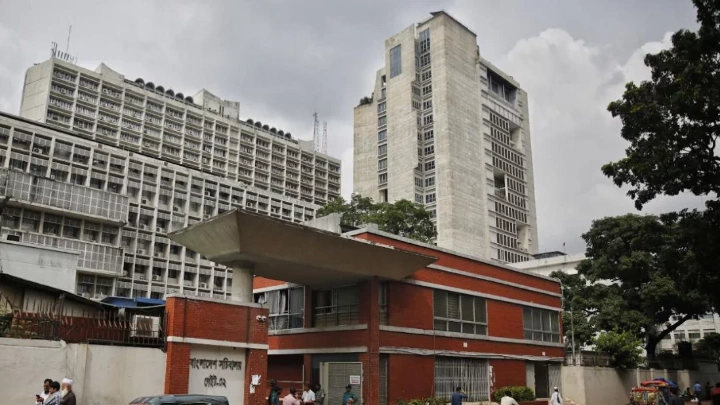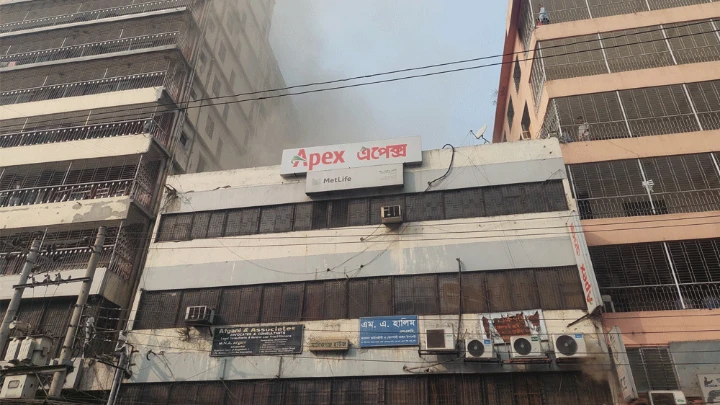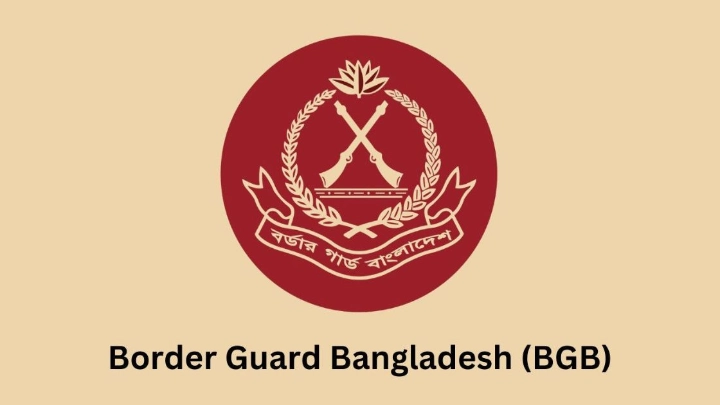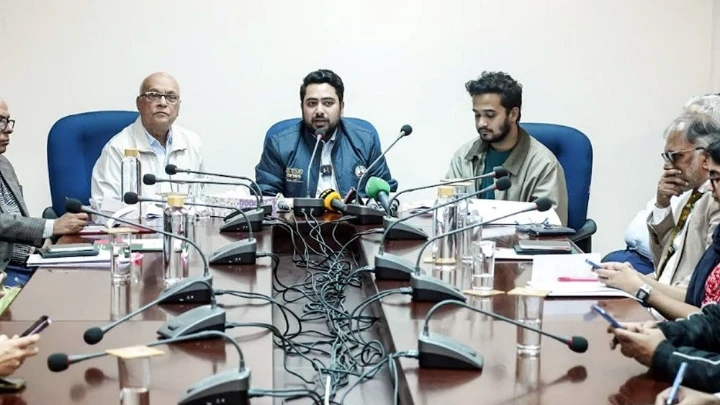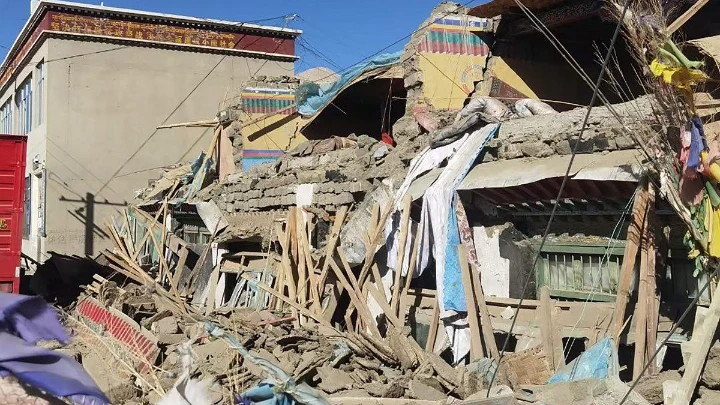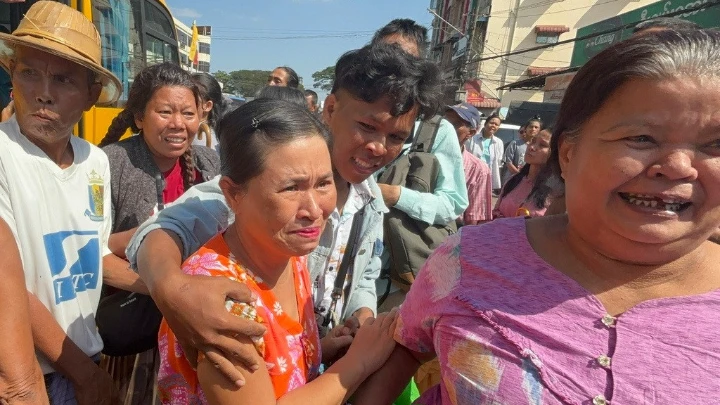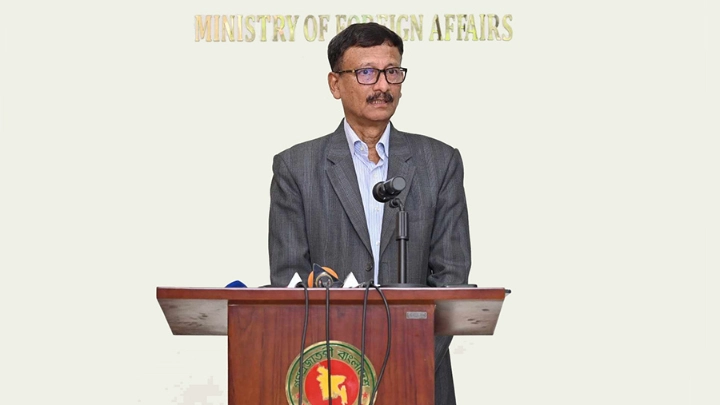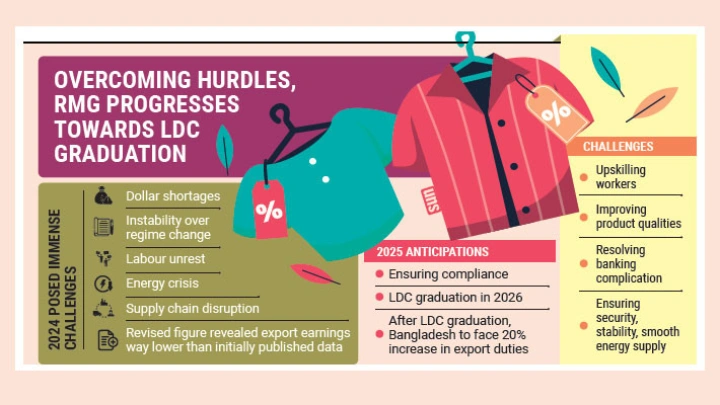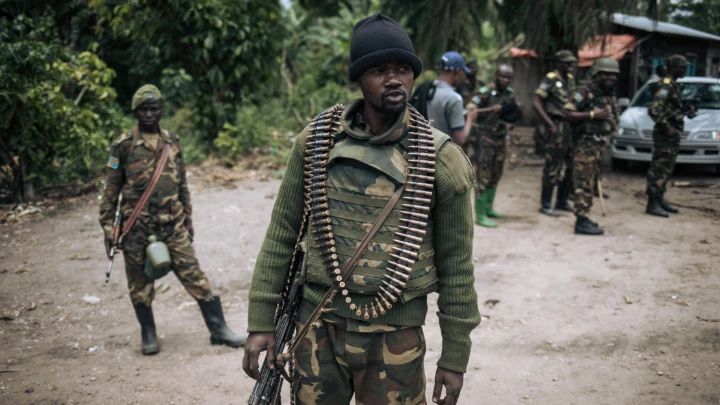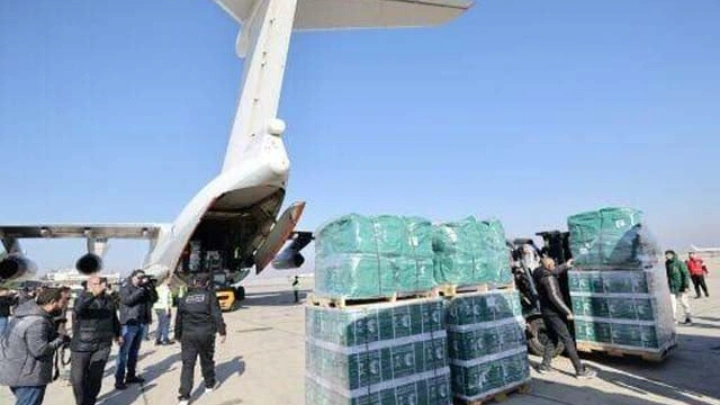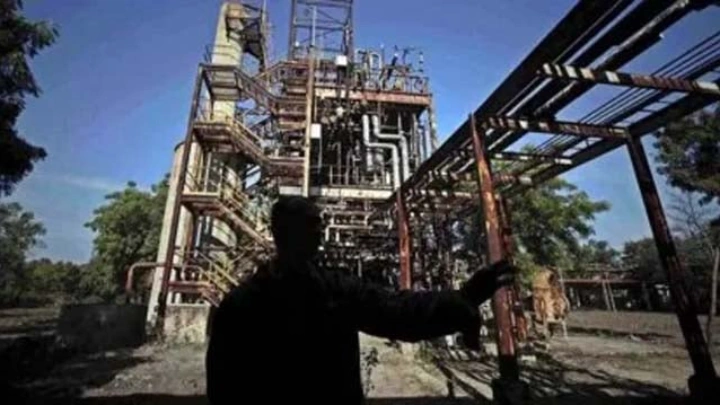Crisis in Rakhine: Rohingya repatriation hope dims further
TheDailyStar || Shining BD
Prospects for the repatriation of Rohingya refugees to Myanmar are dimming as the Rakhine state descends deeper into conflict and humanitarian crisis.
Since July 2023, more than 80,000 Rohingyas have fled to Bangladesh amid acute food shortage, prolonged farming disruptions, and recruitment drives by the Arakan Army (AA).
The ongoing turmoil underscores the escalating challenges facing both Myanmar and Bangladesh in addressing the plight of the stateless minority.
The Bangladesh government, which officially opposes accepting new Rohingya arrivals, has struggled to stem the flow of refugees entering through unofficial routes. Corruption at the border has exacerbated the situation.
Foreign Adviser Touhid Hossain acknowledged the government's challenges on the border. Despite Dhaka's repeated calls for a sustainable resolution, conditions in Myanmar are moving in the opposite direction. With the Arakan Army nearing full control of Rakhine, the possibility of creating a safe and stable environment for Rohingyas to return is rapidly vanishing.
The Arakan Army, an ethnic Rakhine armed group, has solidified its grip over much of the state, further destabilising the region. Reports suggest the AA is preparing to declare either independence or autonomy, intensifying clashes with other factions, including the Arakan Rohingya Salvation Army and the Rohingya Solidarity Organisation.
These developments, coupled with Myanmar's broader political upheaval, have rendered efforts to facilitate a dignified return for the Rohingya increasingly futile.
Bangladesh has hosted nearly 1.2 million Rohingyas since the mass exodus triggered by a Myanmar military crackdown in 2017. Despite international pressure and periodic talks, progress on repatriation has been negligible. Observers argue that without engaging the AA, now a crucial stakeholder in Rakhine, any meaningful resolution to the crisis remains unlikely. Ignoring the AA's role in the region's power dynamics is a recipe for failure.
According to Imtiaz Ahmed, professor of international relations at Dhaka University, It is crucial to establish communication with all ethnic groups in Myanmar. "The fragmented sovereignty within Myanmar has created a complex situation, and our security forces already have some connections with the ethnic minorities there. If we had engaged with the Arakan Army, the situation might have unfolded differently.
"Our communication should not be limited to the AA; we must build connections with other ethnic groups as well. These relationships do not necessarily have to be open; they can be developed through various discrete channels. The AA's control over a significant area is a reality we must acknowledge. While key strategic points remain under Tatmadaw's control, communication does not need to be confined to traditional diplomatic channels."
He added that incentives should be offered to encourage the AA to facilitate the repatriation of Rohingyas. Currently, Bangladesh finds itself in an awkward position regarding the Rohingya crisis. Resolving this issue is impossible without the involvement of China and India, as both nations have aligned interests in this matter.
A NEW WAVE OF REFUGEES
Unlike earlier arrivals, many among the latest influx of Rohingyas are financially solvent, having initially tried to remain in Myanmar despite worsening conditions. However, deteriorating security and a severe shortage of commodities have left them with no choice but to flee. Most have bypassed designated refugee camps in Bangladesh, opting instead for informal settlements.
The situation has also displaced over 200 individuals from other ethnic minorities in Rakhine, highlighting the broader humanitarian fallout.
Inside Myanmar, over 400,000 Rohingyas remain in Rakhine, many confined to 33 squalid internally displaced persons (IDP) camps. With farming disruptions now stretching into a second year, entire communities are being forced to abandon their homes. Recruitment efforts by the Arakan Army are targeting young people in rural villages, further compounding fears of a large-scale migration.
Bangladesh's response to the crisis has drawn criticism for its lack of strategic direction. Although Dhaka recently appointed a Director General for Rohingya Affairs and Special Envoy, Khalilur Rahman, to spearhead repatriation efforts, gaps in policy and implementation remain glaring.
"There is no question about the government's sincerity, but the problem is they are still struggling to strategise," said an official involved in the process.
At a recent informal consultation in Bangkok, Touhid Hossain reiterated the need for a comprehensive roadmap to address the crisis. He called on Myanmar and regional powers to create conditions conducive to the Rohingyas' safe and dignified return, warning that failure to do so would perpetuate instability across the region.
A HUMANITARIAN IMPERATIVE
The ongoing impasse has placed immense strain on Bangladesh, already grappling with the burden of hosting the world's largest refugee camp in Cox's Bazar. With no viable solution in sight, experts are urging coordinated international action to address the crisis.
The Rohingya issue is not just a bilateral problem; it's a regional and global humanitarian challenge that demands urgent attention, experts say.
As Rakhine's conflict intensifies and the AA consolidates its power, hopes for Rohingya repatriation become increasingly dim.
Shining BD

